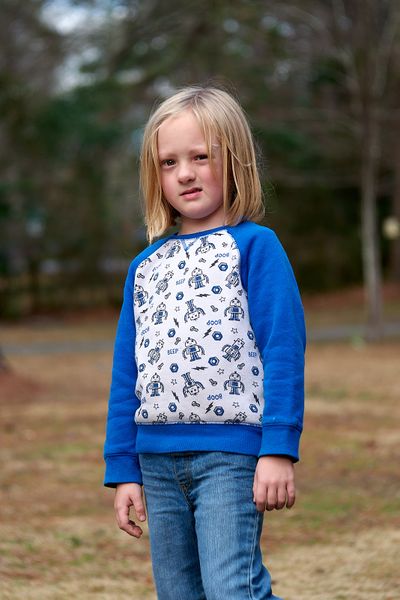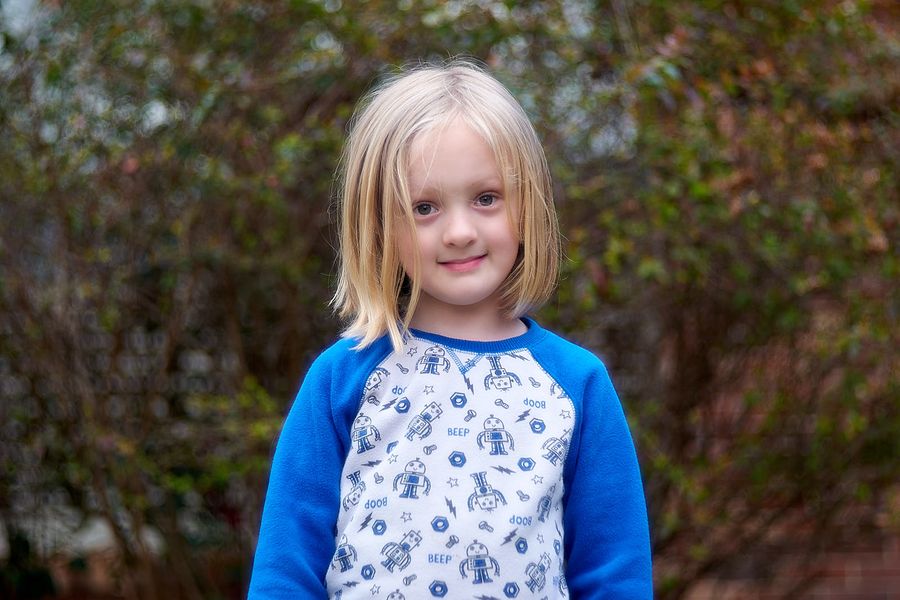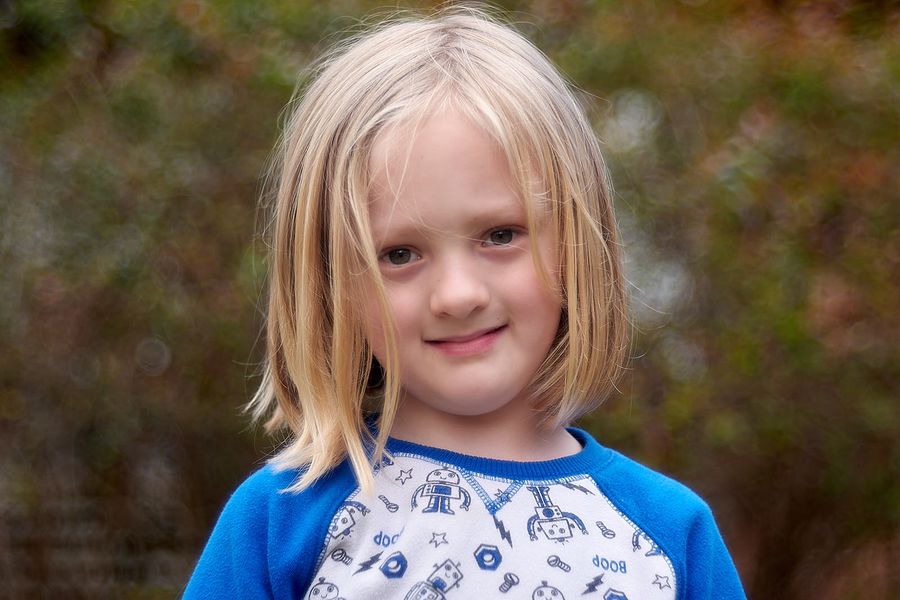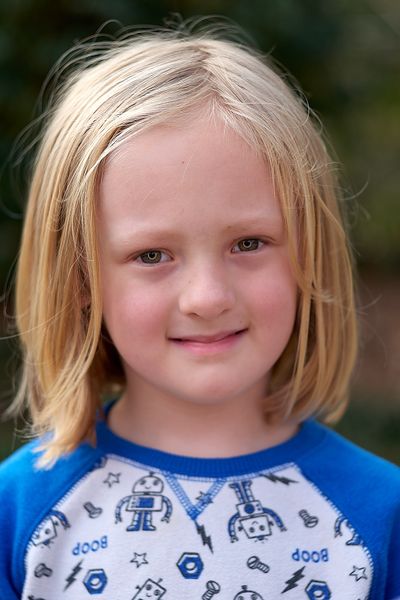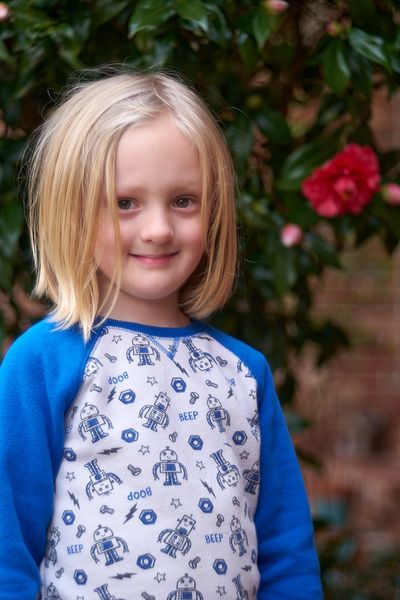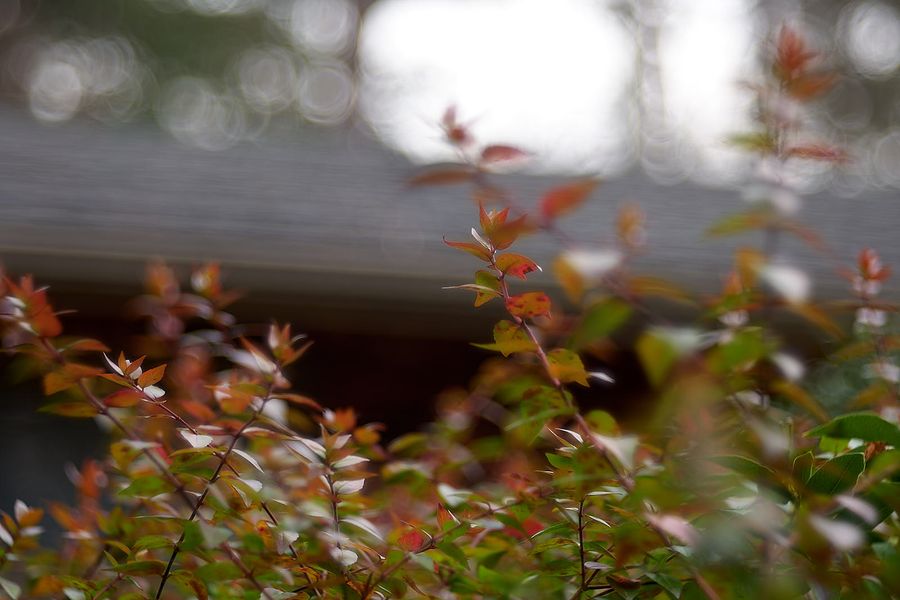February 10, 2021: Difference between revisions
(Created entry.) |
(Added more.) |
||
| (One intermediate revision by the same user not shown) | |||
| Line 1: | Line 1: | ||
{{Large|More with the Trioplan}} {{C19|324}} | {{Large|More with the Trioplan}} {{C19|324}} | ||
I can’t believe I was thinking about parting ways with this lens. The {{Trioplan 2.8/100}} is a special piece of kit. The images are lovely, especially large. It’s not the sharpest lens in my collection, but pretty darn nice when using it for portraits. And the bokeh is so unique. | {{dc|I}} {{start|can’t believe I was thinking about}} parting ways with this lens. The {{Trioplan 2.8/100}} is a special piece of kit. The images are lovely, especially large. It’s not the sharpest lens in my collection, but pretty darn nice when using it for portraits. And the bokeh is so unique. | ||
<gallery mode=packed-hover heights=400px> | <gallery mode=packed-hover heights=400px> | ||
| Line 13: | Line 13: | ||
For these shots, I tried several distances between myself and Henry, just to see what the outcome will be. Obviously, the most interesting bokeh is when I’m close to the subject, like shots 3 and 6. At a medium distance, like 2 and 4, the bokeh is more behaved—or more boring. Shot | For these shots, I tried several distances between myself and Henry, just to see what the outcome will be. Obviously, the most interesting bokeh is when I’m close to the subject, like shots 3 and 6. At a medium distance, like 2 and 4, the bokeh is more behaved—or more boring. In fact, photos 2 and 3 use the same background, if you can believe that. Shot 1 could have been done with a different lens, the background is so staid. Obviously, this lens is meant to be used wide-open and at close-range. Still, it’s nice to see some versatility. All photos are at f/2.8 and use available light except where noted. | ||
{{Leica}} | {{Leica}} | ||
Latest revision as of 17:54, 10 February 2021
More with the Trioplan covid-19: day 324 | US: GA | info | act
I can’t believe I was thinking about parting ways with this lens. The Trioplan 2.8/100 is a special piece of kit. The images are lovely, especially large. It’s not the sharpest lens in my collection, but pretty darn nice when using it for portraits. And the bokeh is so unique.
For these shots, I tried several distances between myself and Henry, just to see what the outcome will be. Obviously, the most interesting bokeh is when I’m close to the subject, like shots 3 and 6. At a medium distance, like 2 and 4, the bokeh is more behaved—or more boring. In fact, photos 2 and 3 use the same background, if you can believe that. Shot 1 could have been done with a different lens, the background is so staid. Obviously, this lens is meant to be used wide-open and at close-range. Still, it’s nice to see some versatility. All photos are at f/2.8 and use available light except where noted.
| Leica Camera and Lens Information |
|---|
| 📷: Leica M8 (09/2022–) • Leica M (Typ 262) (01/2017–12/2020) • Leica SL (Typ 601) (12/2020–). Leica Lenses: Leica Summicron-M 2/50 (Typ IV) • Leica Summicron-M 2/35mm ASPH (Typ V). Other Lenses: Asahi Super-Takumar 1.4/50 8-Element • Asahi Super-Takumar 1.8/55 • Asahi Super-Takumar 2.5/135 • Canon 1.4/50 LTM Helios 44m-4 2/58 • Industar 61 2.8/55 • Jupiter-8 2/50 • Jupiter-9 2/85 • Konica Hexinon AR 1.8/40 • Meyer-Optik Görlitz Trioplan 2.8/100 • Olympus Zuiko 2.8/24 • Olympus Zuiko 2.8/28 • Olympus Zuiko 1.8/50 • Olympus Zuiko 2/85 • Vivitar 2.8/28 • Voigtländer Nokton Classic 1.4/40 MC • Voigtländer Ultron 1.8/21 • Voigtländer Ultron 2/28. Processed with Capture One Pro. |
